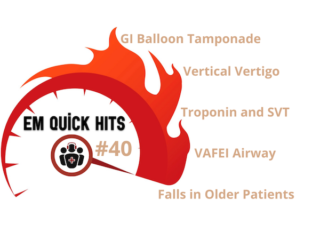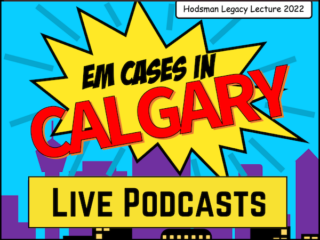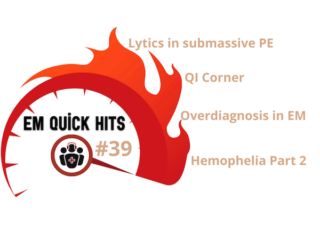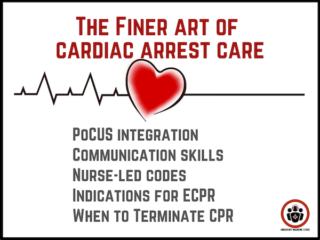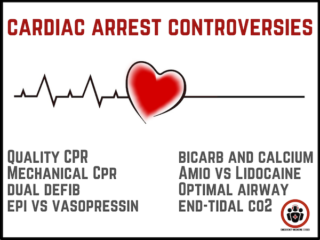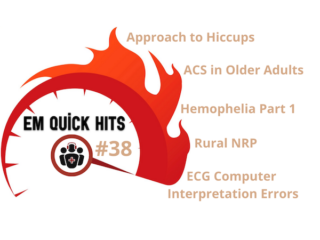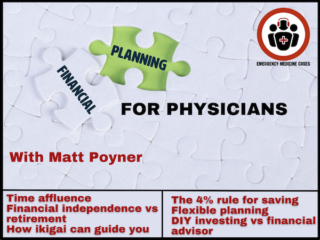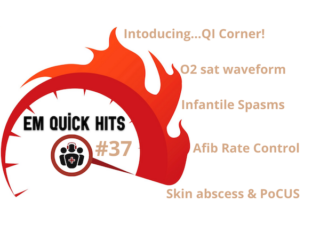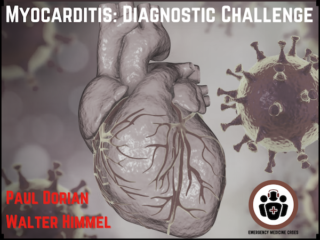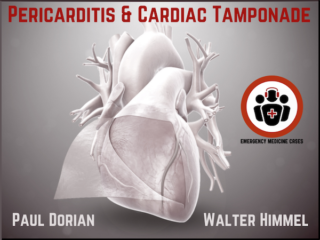EM Quick Hits 40 – GI Balloon Tamponade, SVT and Troponin, Falls in Older Patients, Vertical Vertigo, VAFEI Airway
In this month's EM Quick Hits podcast: Anand Swaminathan on GI balloon tamponade preparation and indications, Jesse McLaren on why troponin is rarely useful in SVT, Christina Shenvi on why we should not use the term "mechanical fall" in older patients, Nour Khatib & Jonathan Wallace on rural vertical vertigo case and Reuben Strayer on VAFEI - Video-Assisted Flexible Endoscopic Intubation for the anatomically challenging airway...

